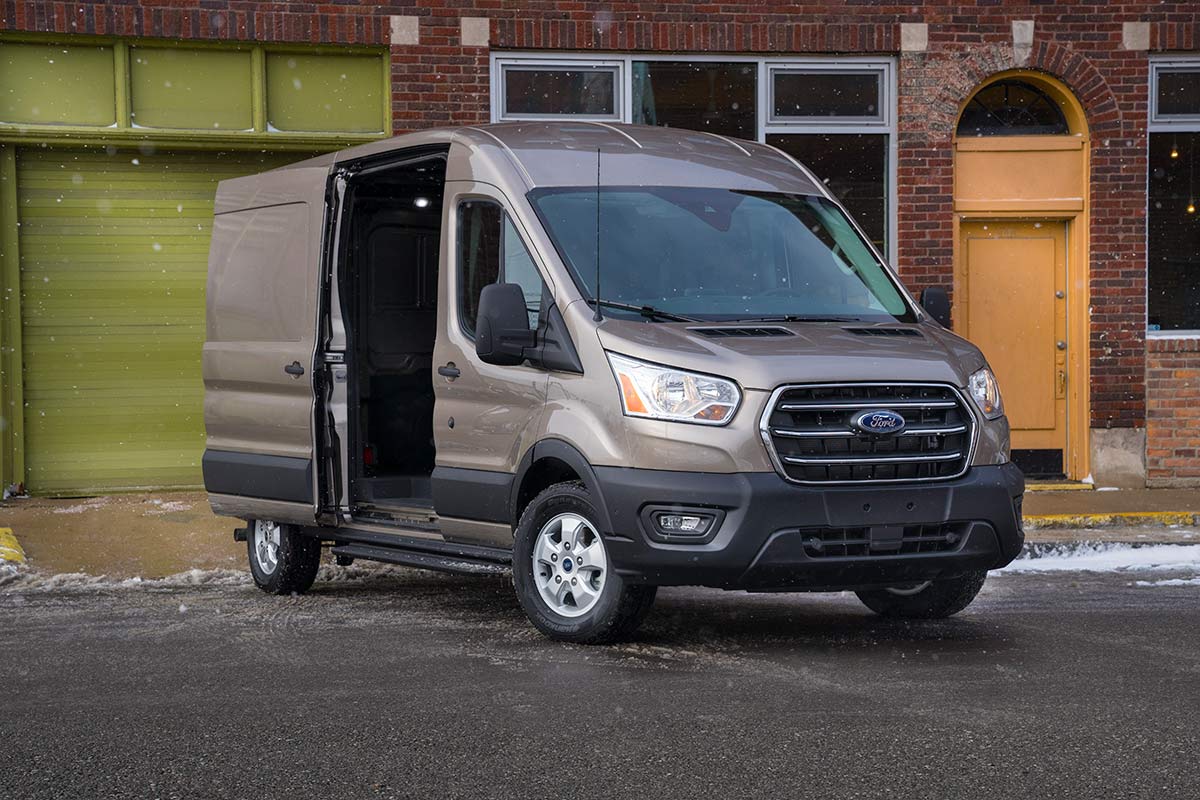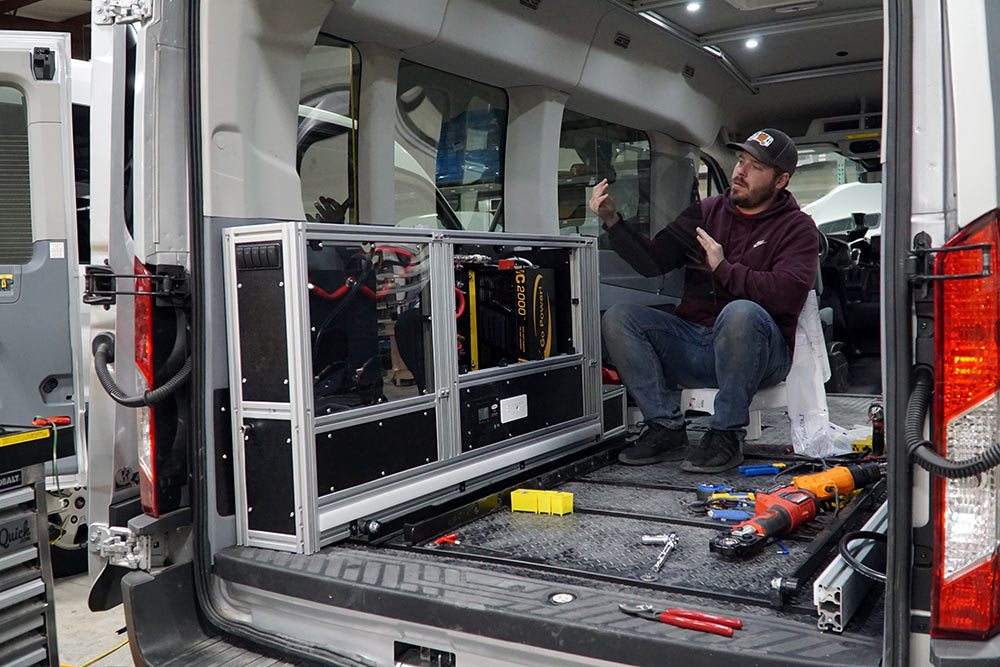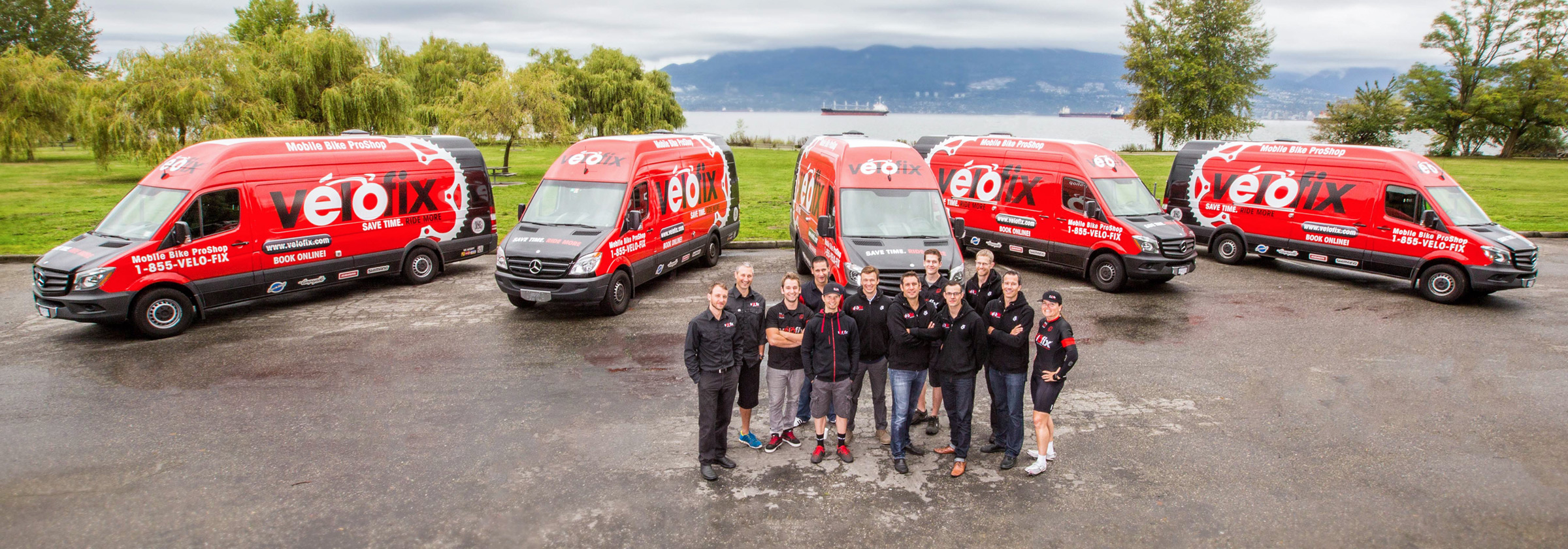Been wanting an electric cargo van to build your adventure vehicle on? The 2022 Ford Transit will be offered in an all-electric model, and they say it will come with the largest public charging network in North America. But will that be enough to make this a good option for a camper van? What else should you know about using an electric vehicle for your Overland dreams? We asked the experts at VanDOit for a quick explanation of how this might work…
2022 Ford Transit Electric overview
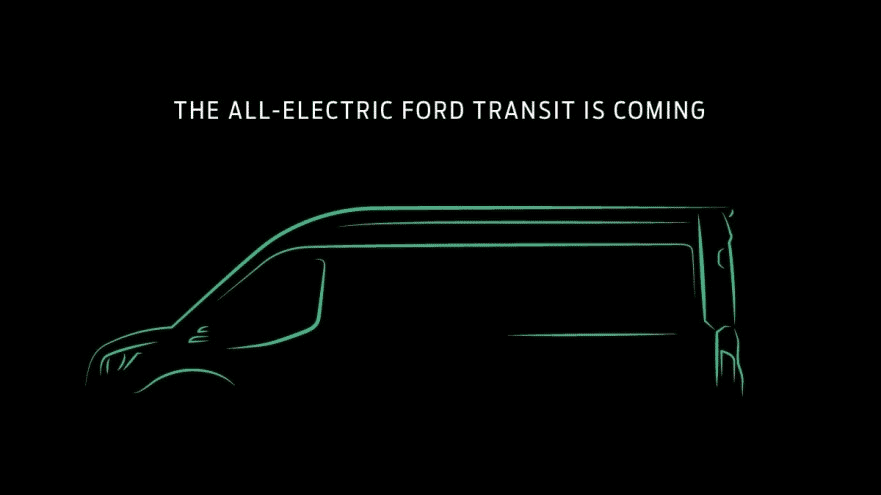
The all-electric 2022 Ford Transit isn’t just about putting an emissions-free electric drivetrain on a cargo van…but it is mostly about using that drivetrain for cargo vans. Meaning, Ford is aiming this model at fleet operators who use cargo vans to, you know, haul cargo.
On top of the battery and motor will sit an advanced electronics system that’s aimed at helping companies manage their vehicles digitally. Meaning, they’ll use onboard connectivity and data systems to help streamline routes, improve driver behavior, and otherwise optimize performance to increase efficiency. They’ll also incorporate tons of safety technology, like forward-collision warnings, lane-keeping assistance, pedestrian detection, and automatic emergency/pre-collision braking, automatic high beam headlights, and more.
They say the vehicles will also save on maintenance costs, and reduce downtime. The electric Transit will be built in America (with some foreign parts) and is part of an $11.5 billion investment in electric vehicle technology from Ford. Other models benefitting from this program include the F-150 and an upcoming full-electric Mustang MACH-E. Full specs and details will be announced in the near future.
So, can I build a fully electric camper van?
Let’s be real. Not having to buy gas would be awesome. But we’re a long way from having rooftop solar panels to keep our adventure vans from humming down the highway all day. Still, we wondered if it were realistic to start having electric dreams. Unfortunately, we got grounded real quick. Here’s why:
“From my understanding, they’re trying to take what’s been learned at Rivian and streamline that,” says Jared McCauslin, the creative director at VanDOit. “And I like the idea of having a fully electric vehicle to go off-grid with and using just electricity to power everything.”
“The idea of it for a delivery vehicle is really smart. The problem is that the charging stations don’t tend to be where people want to go camping and adventuring. And you’d potentially have to wait quite a while to charge it at current charging stations. There’s also the concern over battery performance in extreme conditions…it’s not like you can just borrow a battery from someone like you can with gas. You almost become more dependent on the grid in many cases.”
There are also likely reasons that Ford is starting with cargo vans and not passenger vans. Jared said a fully loaded 15-passenger van could have twice the payload of a loaded cargo van. That much weight would dramatically decrease the range, particularly in city streets.
And keep in mind, you have to cut your range in half if you’re doing an out-and-back adventure. Because if you have a 300-mile range, you can only go 150 miles out into the middle of nowhere if you plan on driving back.
Could you just use a generator to keep it charged?
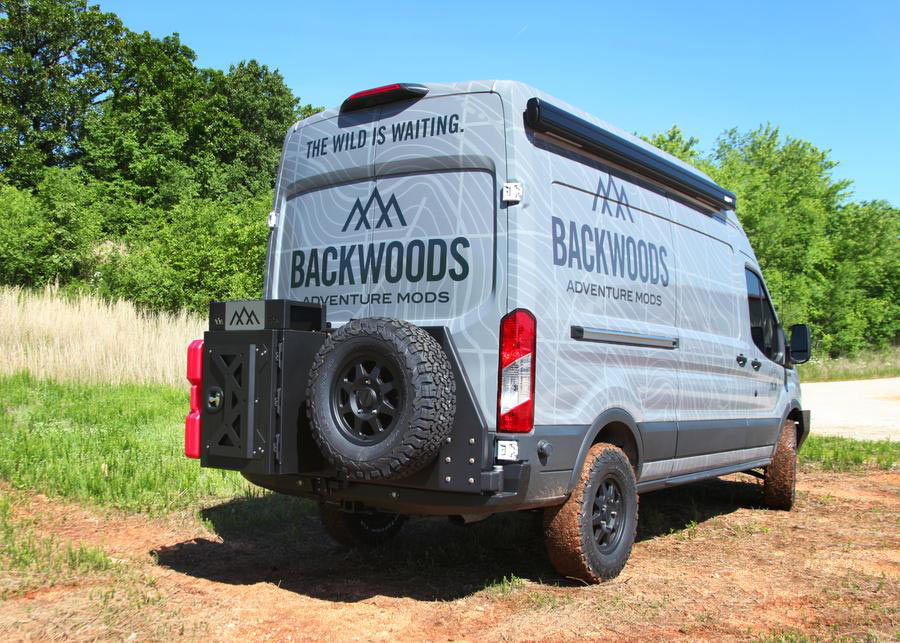
Theoretically, wouldn’t a small generator plug into the system act kinda like a homemade hybrid setup?
“I can’t see why you couldn’t do that,’ Jared says. “But then it becomes a question of why would you want a fully electric vehicle if you’re going to throw a gas motor back on there and have to carry gas cans. But more realistically, a small generator is like plugging your hybrid into a standard 110 socket at home…it’ll charge your car, but it’s going to take a really long time. It’s not like a supercharger at a Tesla station. Driving the van will deplete the batteries faster than a generator could charge them.”
The takeaway? If, or rather when, the infrastructure gets there, it’s gonna be awesome. But we’re a ways away from it being truly practical.
OK, but what about mobile bike shops?
VeloFix could be the real winners here now that they’re expanding their corporate-owned fleets. And for independent bike fitters and repair folks, get rid of fuel costs and maintenance downtime and you potentially add a whole lot back to your bottom line. The vehicles are likely to cost more upfront but amortized over a commercial payment plan, it may balance out.
What do you think? Would you build out an adventure rig in a full electric van?
